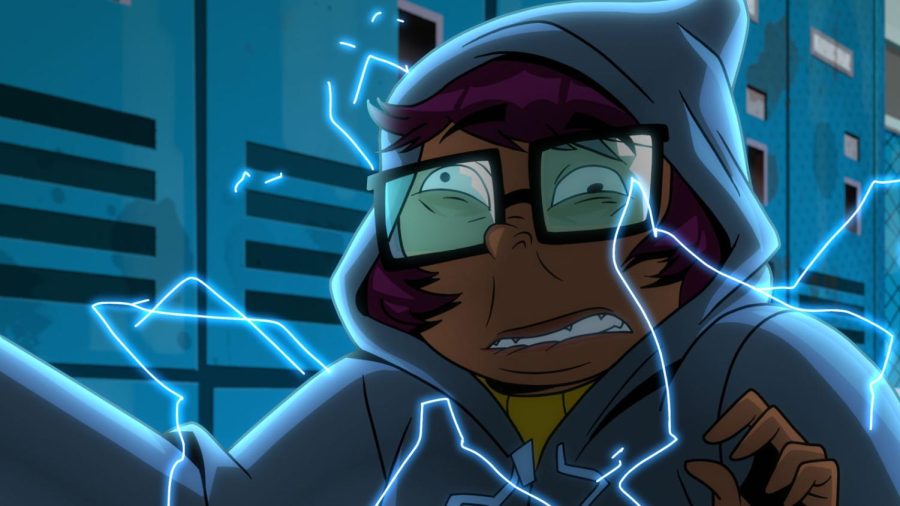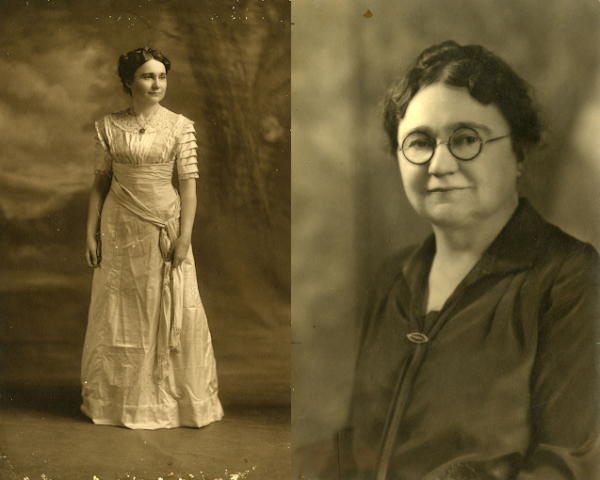New ‘Scooby-Doo’ spinoff ‘Velma’ is polarizing and passionless
“Velma” fails to deliver fun and satisfying interpretations of iconic characters.
Since 1969, there have been many different iterations of the popular cartoon “Scooby-Doo.” But through them all, after more than 50 years, the animated Great Dane has remained relevant.
The secret to the cartoon’s success? Reinvention. No one “Scooby-Doo” animated series is exactly the same.
“Scooby-Doo, Where Are You?” laid the groundwork, but every subsequent iteration had a different hook. “The New Scooby-Doo Movies” followed the gang as they solved mysteries with celebrity guests, and “A Pup Named Scooby-Doo” depicted a pint-sized group of amateur sleuths.
By consistently releasing content on Saturday morning TV, cable television and streaming platforms, the “Scooby” franchise has maintained itself within the cultural zeitgeist as time has passed. Because of this cultural significance, the franchise can come with some preconceived notions from fans.
The hook to 2023’s ” Velma” is that the slate is entirely wiped clean, and now focuses entirely on everyone’s favorite bespectacled know-it-all. Instead of being depicted as white, she is now South Asian, mirroring executive producer and voice actress Mindy Kaling.
That’s not all. Daphne is now Asian (her voice actress, Constance Wu, is of Taiwanese background, but that is not stated in the story). Shaggy (played by Sam Richardson) is now Black and more straightlaced, and goes by his real first name, Norville.
There is no problem with this. The fact that the members of Mystery Incorporated are not white does not impede their ability to solve mysteries. The subject of race has never been discussed in any “Scooby” property, and to assume that cartoon characters should be white by default is unfair.
There is a prevailing notion that “race-swapping” in the media is an issue. I would argue that changing the race of one or two white characters in the media does not erase the fact that many characters in film and television are still white. Young kids who are part of racial and ethnic minorities deserve to see positive portrayals of themselves on screen.
However, there are problems with almost everything else about the show. Fundamentally, for me, the show is too unpleasant. All of its characters hate each other, and whatever common ground they come to is usually reached under false pretenses.
Even Norville, who’s the “nicest” in a sea of thoroughly contemptible personalities, is continually punished for his infatuation with Velma. I understand that some mean-spirited shows have been successful, but when someone changes the tone of a popular property from lighthearted to darkly sarcastic, I am not very interested.
In this series, Velma hates herself and everyone else. She dishes out insults to everyone from her father’s girlfriend to her ex-bestie Daphne to popular jock Fred (played by Glenn Howerton).
Fred is considerably emasculated in this series, which wouldn’t be as much of a problem if he weren’t constantly humiliated. He also says some pretty mean things to Velma, including that she has “hairy gorilla arms.”
Wasn’t “Scooby Doo” a Saturday morning children’s cartoon at some point? This doesn’t necessarily mean that a beloved franchise can’t go beyond its limits and subvert the expectations of its fans, but that doesn’t mean that it should alienate its established fanbase.
Despite the fact that the show is based on such a beloved intellectual property, it’s nasty and disarming, and has received an avalanche of backlash from every part of the political spectrum.
The fact that everyone is so dissatisfied with what the show is doing is a pretty huge indicator of its quality. And perhaps the most damning part of the series: there’s no talking dog!










